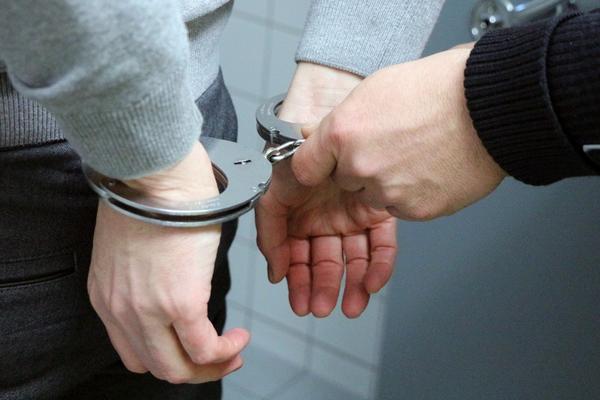Substance misuse (known by many other names including drug and alcohol abuse), is well known to induce differing reactions in the affected individual. For example, people who take specific drugs to feel calm may lose control of their ability to stay awake and experience bouts of drowsiness. In other scenarios, the persistent craving to use a particular drug may cause more severe reactions. For instance, the individual likely forgets all inhibitions and sacrifices important things like work or family on the bed of addiction. However, it has been the focus of the public that drug abuse is often associated with an increase in crime rates across the country. These two vices are typically lumped together in many instances. But why is this so? What relationship exists between drug abuse and criminality? 
How Drug Abuse and Crime Are Related
Although often linked, drug abuse does not necessarily equal criminal tendencies and vice-versa. Indeed it may be common among convicted criminals who have a history of drug abuse, but both situations remain independent of the other. According to research and surveys conducted in this particular area, chemical dependency is only one out of many different factors which may induce crime. Even with that, such situations only have slight possibilities of arising. An instance would be when an individual misuses expensive or difficult-to-acquire drugs like heroin and cocaine since these are illegal. Other social, psychological, and cultural factors prove to be more of a tangible reason to lead an individual to crime than drug abuse.
The Correlation Between Drug Addiction and Crime
When chemical dependency and criminal activity co-occur, factors like personality disorders, poverty, and lack of social values explain the condition better. Therefore, it would be a wrong step to think that eliminating substance dependency will put an end to criminal activity. This relationship must be well understood as it could be pivotal to the success of any intervention endeavor. If the focus is wrongfully placed on drug abuse as a cause of criminality, erroneous steps may be taken. In such situations, the purpose of interventions and even the overall addiction treatment plan designed for the individual becomes inappropriate from the start.
The Impact of Addiction on Criminality
Nevertheless, drug abuse does have an impact on criminality. Prolonged use of medications produces psychopharmacological effects on the mind which clouds moral judgment and reasoning. These effects may explain why some people may find it okay to maim or steal from another person, seemingly without conscience. The reason behind this is that the area of their brain responsible for judging logically and morally has been overridden due to drug intoxication. Another model that conveys how drug abuse may influence crime is an economic compulsion. This model is the one most people think about when discussing how drug abuse leads to criminal activity. It suggests that individuals commit crimes to get money to buy more drugs, which is especially true of the hard-to-come-by medicines.
Help is Needed for Addiction Recovery
Despite the potential for criminal activity that drug abuse may cause, there is hope on the other end of the spectrum. The much-needed help comes from extensive addiction rehabilitation under qualified medical supervision. Evoke Wellness provides this care through all of its chemical dependency recovery programs. The center is fully licensed and stocked with modern amenities to cater to clients’ needs. Treatment is tailored to the individual and payment plans allow for medical insurance at the facility. For further inquiries, reach out to a recovery advocate today.


